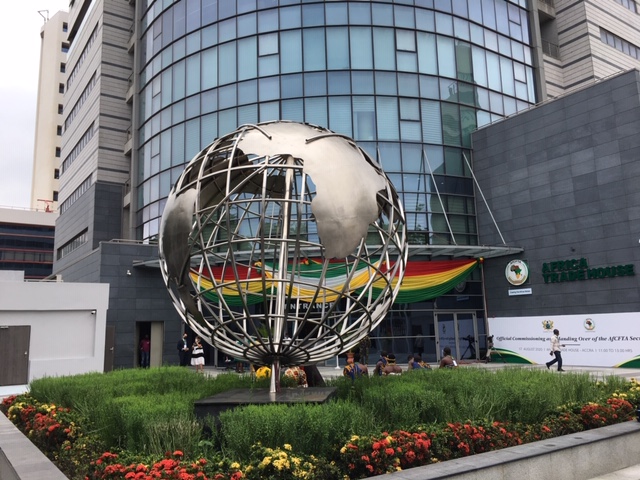Nigeria, like many African countries, has faced its fair share of economic challenges over the years. One persistent issue that continues to impact the nation is hyperinflation, which poses a huge threat to the stability of the economy. As the cost of living soars, the call for a wage increase in Nigeria’s labour market becomes not just a demand for fair compensation but a necessity for the survival of its workforce.
The inflation rate in Nigeria has surged by more than 11 percentage points, rising from 15.60 percent in January 2022 and 26.70 percent in September 2023 to 29.90% in January 2024, as reported by the National Bureau of Statistics (NBS). In Nigeria, the cost of food items has surged significantly. Protests erupted in various regions of the country as a response to the soaring cost of living, with citizens in Niger, Kano, Kogi, Ondo, and other states calling for solutions to the economic crisis.
The primary agricultural hub, the Northern region of the nation, witnessed an even more pronounced surge in food prices. In numerous states within this region, rural inflation has surpassed 30 percent. Simultaneously, urban cities across the nation have witnessed significant increases in the prices of goods and services such as housing and transport, reaching a rate of 28.68 percent.
In Nigeria, the labour market has felt the impact of hyperinflation acutely. Employees are finding it increasingly challenging to meet their basic needs as the cost of goods and services skyrockets. The current minimum wage may no longer be sufficient to cover essential expenses, such as housing, healthcare, and education. As a result, the quality of life for many Nigerians is at risk, creating a situation where survival becomes the primary focus, hindering overall productivity and economic growth.
In response to the economic challenges posed by hyperinflation, there is a growing chorus of voices advocating for a significant wage increase in Nigeria’s labour market. The call is not merely about meeting the demands of inflation but ensuring that workers can afford a decent standard of living. It is a call for economic justice and a recognition of the essential role the workforce plays in driving the nation’s development.
The Nigerian Labour Congress (NLC) has revised its earlier proposal of a N200,000 minimum wage to the Federal Government, citing the current economic challenges in the country. NLC’s National Vice President, Tommy Etim, highlighted that the socio-economic landscape has worsened since the initial proposal, making the N200,000 figure untenable. Etim clarified that the NLC would enter the minimum wage negotiation without a fixed amount but ruled out the possibility of it being N200,000. The Federal Government has urged the newly inaugurated Minimum Wage Committee to expedite deliberations, emphasizing the importance of considering parties’ ability to pay. President Bola Tinubu stressed the need for a timely completion of the committee’s task to initiate the process for a new National Minimum Wage.
Addressing hyperinflation and meeting the demand for a wage increase requires a collaborative effort between the government and the private sector. The government must implement effective fiscal and monetary policies to stabilize the economy and curb inflation. Simultaneously, the private sector needs to adopt fair and transparent remuneration practices to ensure that workers are adequately compensated for their contributions.
Beyond wage increases, there is a need for a comprehensive approach to human capital development. Investing in education, skills training, and healthcare can empower the workforce, making them more resilient in the face of economic challenges. A well-educated and healthy workforce is better equipped to contribute to economic growth and adapt to the evolving demands of the global market. As Nigeria grapples with hyperinflation, the call for a wage increase in the labour market is not just a plea for financial relief but a fundamental demand for economic justice.


